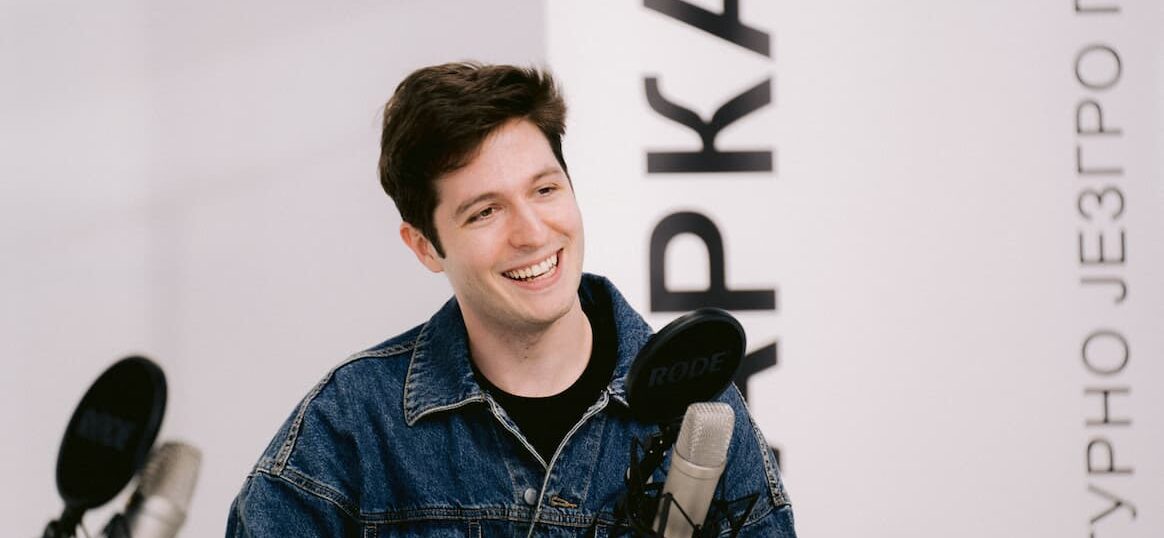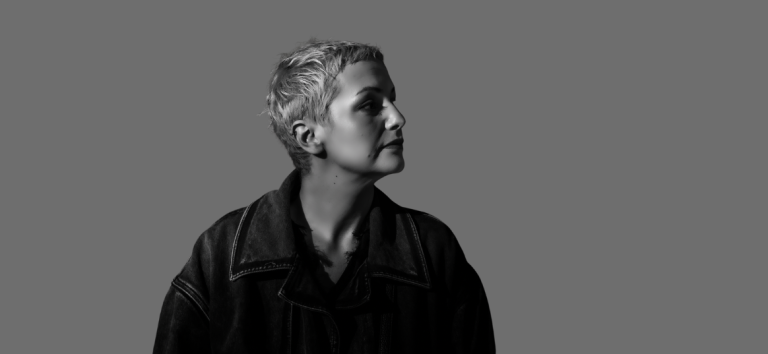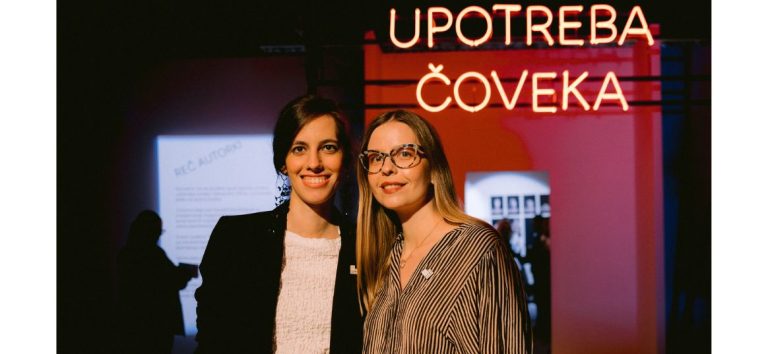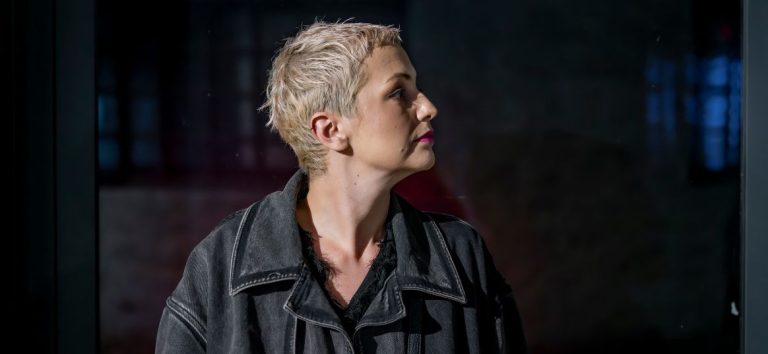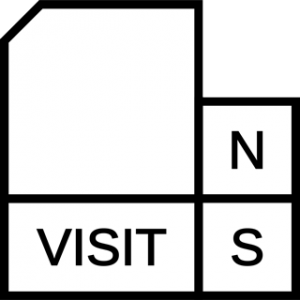‘Our content is there to try to start a conversation with people. We have dedicated a large part of our workshops to personal acquaintances, exchange of opinions, as well as education on topics we cover, including empathy,’ said Milan Inić, better known as Yasserstain, in a conversation about the new multimedia project ‘Be That Guy’.
As a continuation of the successfully implemented project ‘Don’t Be That Guy’, the ‘Be That Guy’ project, gathered children and youth who participated in creative educational workshops after which they presented their skills to an audience in the form of six sketches. The aim of the project is to develop empathy among youth.
Milan Inić – Yasserstein, talked with the participants of the ‘Be That Guy’ project about topics that bother and interest young people, with a focus on the main motive of the project – empathy. A multimedia premiere, presenting all sketches to the audience, and attended by the authors of the ‘Be That Guy’ series, organisers, and all participants in the project, will be held in the ‘Arena Cinemplex’ cinema at 6 p.m.
The whole project is part of the ‘Schools of the Future’ programme unit of the Novi Sad – European Capital of Culture programme, within which cultural institutions become places for education, while schools will become stages where different artists and mentors will work with children. In the interview about the ‘Be That Guy’ project, Milan Inić shared his first impressions.
What are your ways of approaching youth mentoring?
During the audition for ‘Be That Guy’, we prepared a couple of group practices within which they will have an opportunity to express themselves through and ‘excel’ in acting and movement. We noticed that not all of them had the self-confidence to participate in particular performances. From that moment, we knew that we have to have a more open and casual approach to future exercises through workshops. Many applied for the ‘Be That Guy’ audition since they were interested in topics we tackle and new extracurricular experiences. It was important to us that each of the participants felt comfortable with each exercise and discussion, so we never insisted that everyone must participate in each segment of the work. We gave them the freedom to recognise their own interests and what topic they want to focus on. As lecturers, we listened to them, gave them time to express their opinions and suggestions, to ask questions, and together, we came to a solution. That was definitely a considerable new experience for all of us, especially because we didn’t have any guide to follow, but we developed new approaches to work with every new workshop.
What opportunities do new technologies and media provide for young people?
It’s hard to answer the question without mentioning media literacy. The ability to use our time and energy most effectively with a device in front of us. I believe there’s always room for improvement in this field among young people and adults. There are much more possibilities we can even process in a moment. That is why it is significant to talk about the advantages and disadvantages we recognise while using devices. We are here to help each other in the process of maturing with new technologies and recognise what makes our daily routine more difficult or easier.
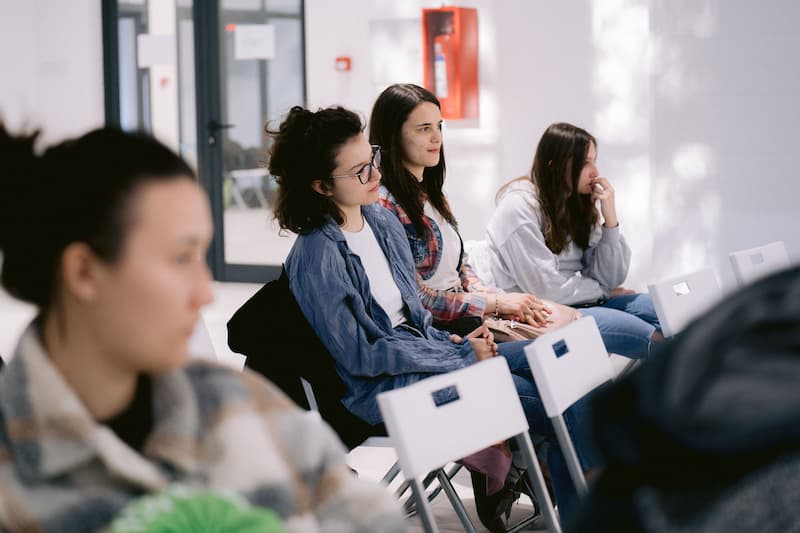
How does your content raise awareness about youth empathy?
Our content is there to try to start a conversation with people. We have dedicated a large part of our workshops to personal acquaintance, exchange of opinions, as well as education on the topics we cover, including empathy. During the filming, we had the opportunity to talk to young people, parents, professors and experts in the field of psychology, sociology and philosophy. Their answers to the topic of empathy were of great importance to us. Based on that, we further developed the content. Being properly informed and the ability to listen to a communicator are essential. As one of the professors on the set said: We watch a lot, but we don’t see it. We hear a lot, but we don’t listen.’ Understanding one’s own and other people’s situation is significant for any constructive conversation. We are here not to generalise and show other perspectives hoping that people will have a more open approach to society.
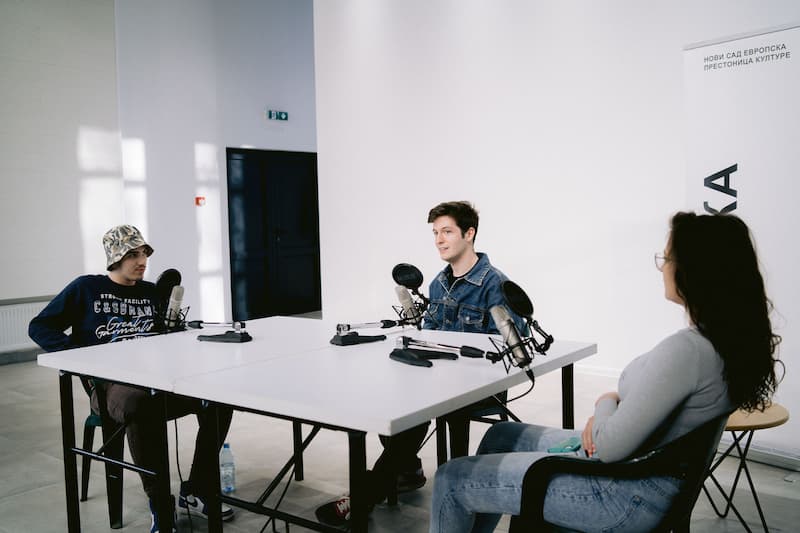
What is culture for you?
It’s the combination of manners, tradition, innovation and understanding.
How do you see the Future of Europe?
While working with young people and their professors, an optimistic view of the future came back to me. Having in mind that there is much more information and opportunity for it today, I am glad that young people already in their teens have understandings and stronger attitudes than my generation had in those same years.
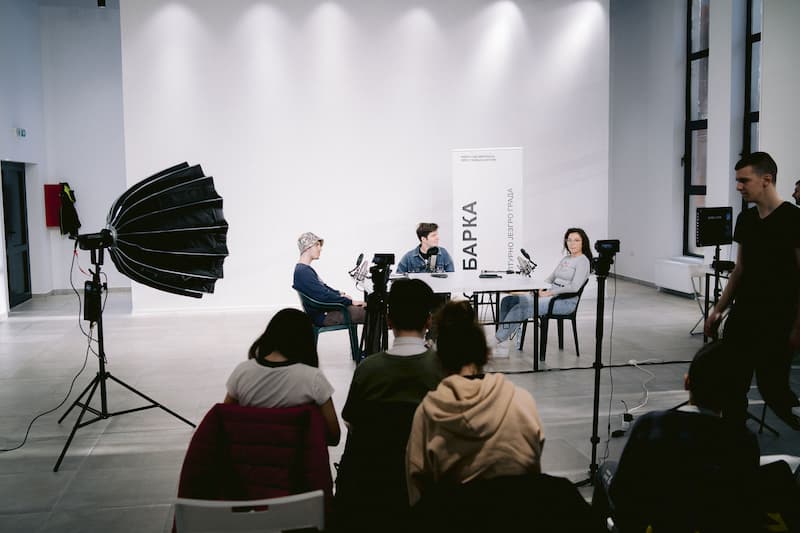
Author: Feđa Putnik
Photo: Vladimir Veličković

